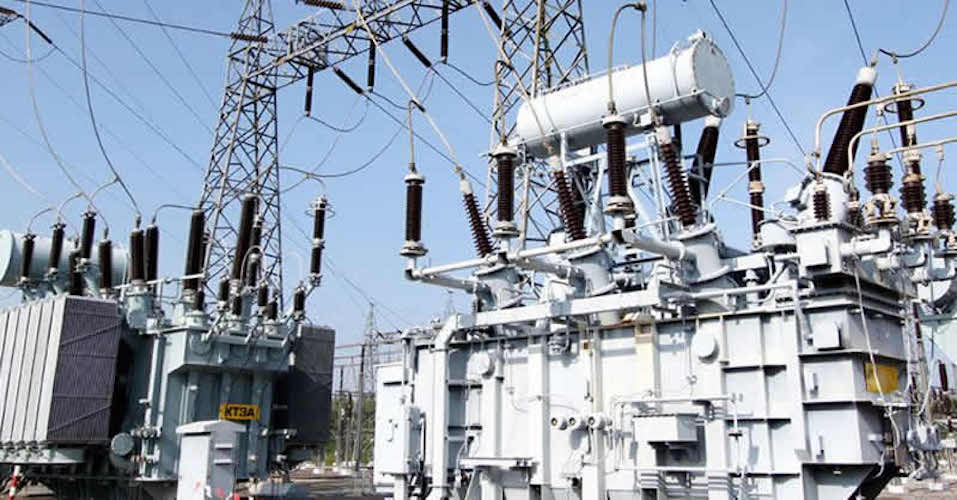Olalere Odusote, the Lagos government’s commissioner for energy, claims that a law regulating the electricity market would be passed.
At the conclusion of the third Lagos Real Estate Market Place Conference and Exhibition on Wednesday, Mr. Odusote made this statement.
He explained that this became essential since few private individuals and businesses in Lagos used electricity from the national grid, preferring to use diesel generators.
He asserts that the two Lagos distribution firms, Eko Disco and Ikeja Electric, which were founded nine years ago, initially sold between 800 and 900 megawatts and only increased to between 800 and 1,000 megawatts nine years later.
“Nothing has changed in the national grid sector nine years after. However, Lagos state, within a spate of nine years, had grown from having about 8,000 megawatts of installed diesel capacity to about 23,000 megawatts,” stated the commissioner.
Mr Odusote added, “The diesel market of the off-grid market has grown by about 300 per cent, but the grid market has not grown at all or just about one to two per cent.”
He added that the state injected almost 1,000 transformers into the grid to improve electricity supply to its residents, but without the desired result.
Mr Odusote said a lot of the energy utilised in Lagos came from diesel generators and that because of the city’s high population, the emission from that energy source had become unsustainable.
The commissioner explained that Lagos had been projected to be the city with the largest population in the world in 50 years. Therefore energy for the housing infrastructure needed for the population must be considered.
He said this was why the Lagos government came up with the Lagos electricity sector policy, intending to provide universal access to electricity for all residents.
Mr Odusote revealed that the draft of the Lagos electricity law had been completed and was before the House of Assembly for consideration. When implemented, it would take the regulation of electricity from the centre and domicile it with the Lagos regulatory agency.
“The Nigerian constitution domiciles the responsibility of regulation and distribution of electricity with the state government, but when the law was passed in 2002, many states were not ready for the responsibility,” noted the commissioner. “Many housing estates in the state run on diesel generators because they are unable to benefit from the grid, yet they cannot share from the excess capacity they currently have because the federal government does not permit it.”
He declared that Lagos “is now ready, willing, and in the process of passing the law. It means we will be able to locally determine our faith when it comes to electricity.”
